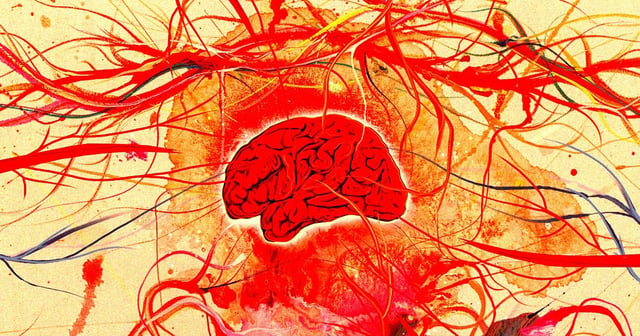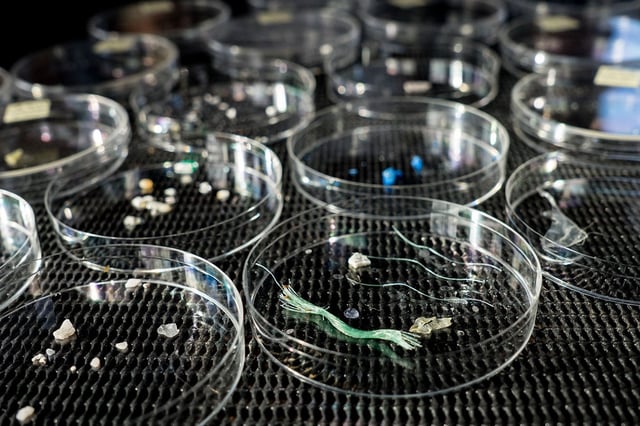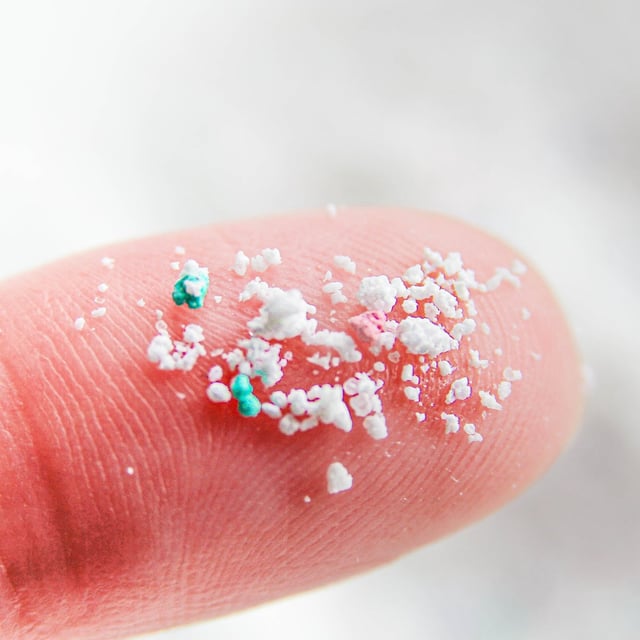Overview
- Scientists used real-time imaging to track microplastics in mice brains, discovering they can block blood vessels and mimic the effects of clots.
- Mice exposed to microplastics showed reduced motor function and poor performance in memory tests, suggesting neurological impacts.
- The study highlights how immune cells absorb microplastics, creating irregular shapes that can lodge in small brain vessels and impede blood flow.
- Microplastics have been detected across the human body, and their accumulation is linked to health risks such as cardiovascular disease, cancer, and neurotoxicity.
- Researchers caution that human brain vessels are larger than those in mice, and further studies using models closer to human physiology are needed to assess the risks.



